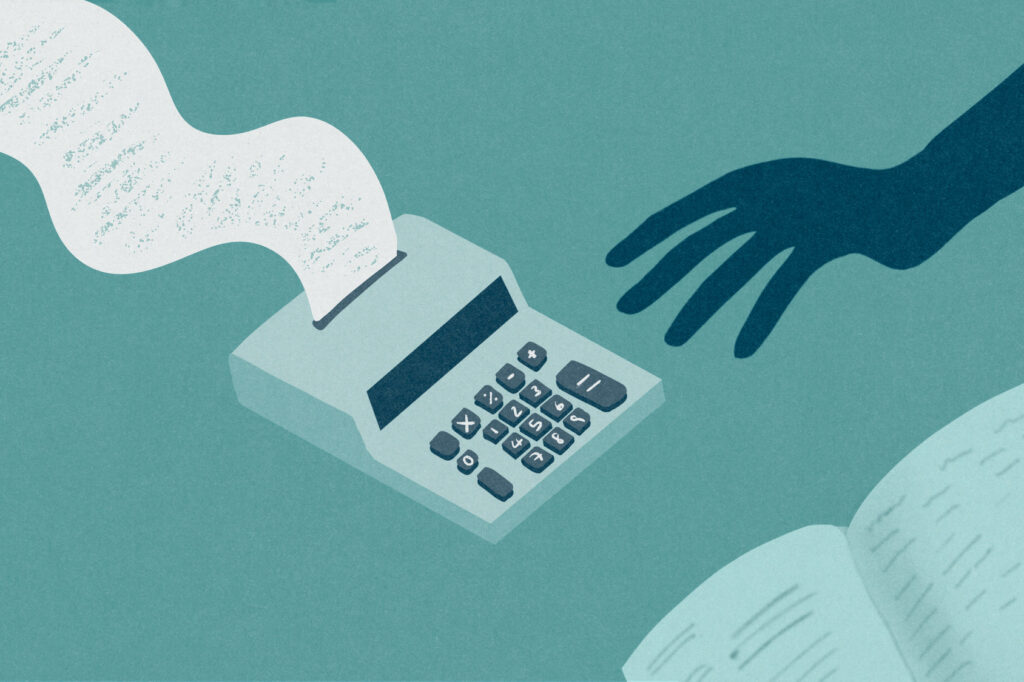Moving into a share house as a student is a fun and exciting time. For many, it’s their first time living away from home and provides a chance to meet new people and experience the trials and tribulations of adult life. But it can also be a nightmare if you don’t get on with someone, or worse, if there are disputes over who pays the rent or how much is spent on bills. To help you navigate these tricky situations and make sure you have enough money in the bank to cover necessities, here is a guide to managing your finances while house sharing.
Create a personal budget
It can be daunting knowing you’ll have to start paying bills and buying your own groceries, so the best way to make sure you have your finances are in order is to create a budget. To do this, work out your total income per month, minus essential expenses (rent, bills, groceries etc…) and you’ll have the amount of money left over for non-essential things.
For example, if you make $1400 a month and your expenses add up to $800, you would have $600 to spend on non-essentials (going out to eat, drinking booze) each month, or $150 a week. As long as you have more money coming in than out you should be fine.
Use a spreadsheet to record your cash flow. This enables you to make adjustments when necessary and make sure you never spend more than you have. Don’t forget to allow room for miscellaneous expenses that may occur, such as money for textbooks or public transport costs.
Negotiating the bond
When you first move into a share house you will have to budget for the bond. This is paid upfront as a type of deposit and is usually four weeks rent in advance. For example, if the weekly rent is $150, you will have to pay a minimum of $600 when you first move in.
Problems can arise if someone on the lease wants to leave the house early. Breaking the lease can be a costly process that impacts everyone living in the house. The best way to avoid any additional costs is to have somebody lined up who can take over the lease of the person leaving, just make sure you communicate with your rental agency to let them know what’s going on, making sure everyone is in the loop and understands what’s happening in the process. This way you shouldn’t be hit with extra fees and it can also help you to foster a good relationship with your landlord.
Manage rent and bill payments
The biggest expense when it comes to living in a share house is rent and utility bills (power, water, gas and internet). To make sure everyone pays their fair share, the simple solution is to divide the monthly rent by the number of people living in the house. So if there are four people and the rent is $600 a month, each person pays $150 to cover their share of the rent. Splitting costs between housemates this way can also be done for utility bills.
Holding a discussion over the best way to pay rent and bills is also essential. The easiest way is to nominate one person to whom everyone can transfer their money on the week that rent and bills are due. That individual can then forward the total sum to the rental agency or utility company. It’s best to use a person who is on the lease as there is more accountability and less chance they will take your money and run.
Splitting living costs
Along with rent and bills, you’ll have to decide the best way to pay for shared household properties, particularly groceries and streaming services. When it comes to groceries, one option is to set up a roster for the weekly shop whereby a different housemate buys essential items everyone uses, such as bread, milk and cheese. Another option is to purchase your own groceries and buy shared essentials only when something runs out, although this can make it hard to track who is paying for what.
The sharing of streaming services is another great way to divide costs among your housemates. If you have a Netflix account you could share access and split the costs, or if they have a similar streaming account, such as Spotify or Amazon Prime, they could let you use it as payment for you letting them have access to your Netflix account. Similar to groceries, if you only want to pay for what you are using, get everyone to pay for their own streaming services, just make sure you add it to your budget so you can keep track of what you owe monthly.
Miscellaneous expenses
As mentioned, when creating your budget you need to allow room for miscellaneous expenses. If you use public transport you’ll need to make sure you can cover your daily commute or if you move into an unfurnished house, you’ll need to make sure you have enough money to purchase necessities like a bed, wardrobe and desk. While some of these are one-off expenses or small recurring ones, they need to be incorporated into your monthly budget so there are no nasty surprises.




